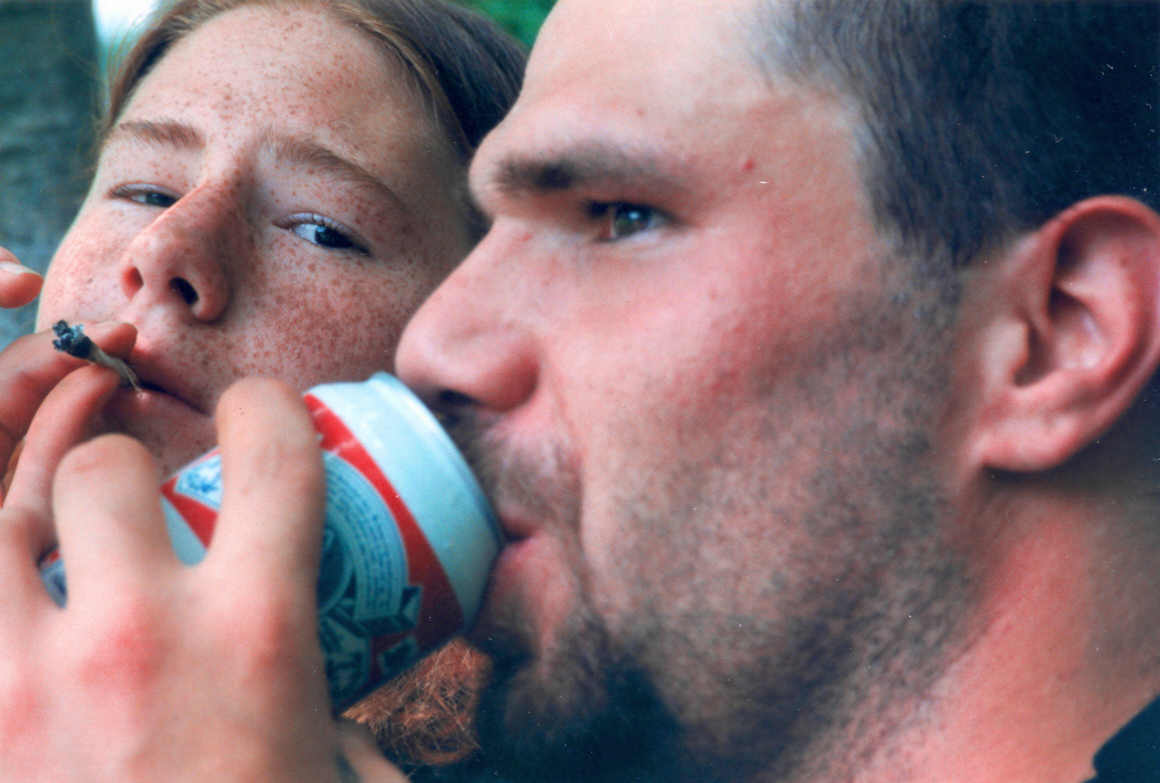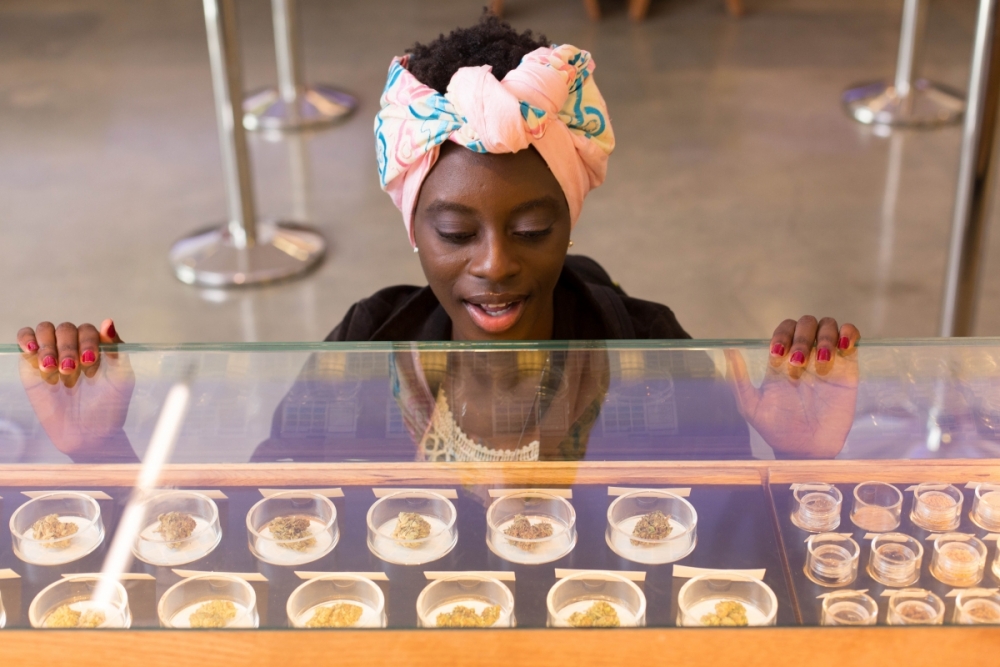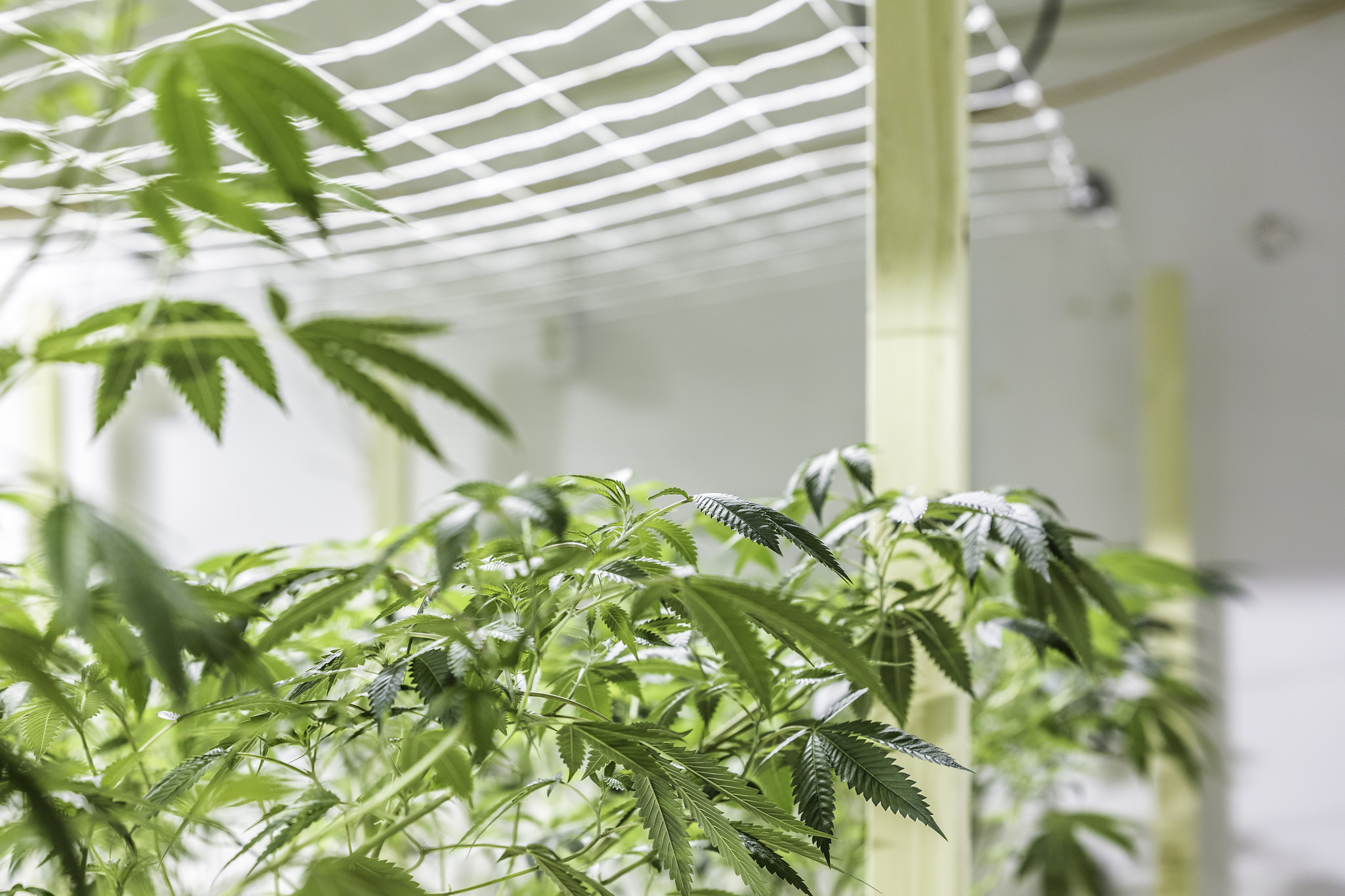The legalization of marijuana in the U.S. has dealt a severe blow to the alcohol industry. Recently published reports show that alcohol sales have dropped significantly in those states where medical marijuana has become legal. Apparently, young Americans prefer marijuana to alcohol, and this is causing real economic earth-tremors in the country, with cannabis growing and the prices falling.

One of the biggest mysteries, when it came to the legalization of weed, was whether it would somehow affect the alcohol industry or not. Many people see cannabis as a gateway drug. However, data shows that, rather than that, it helps people combat other addictions, such as alcoholism. The University of Connecticut and the State University of Georgia have in fact proved the sale of alcoholic beverages to have dropped in states with medical pot laws. Having analyzed a database of over 2000 counties, they've concluded that booze sales have fallen by as much as 15% between 2006 and 2015 in those counties where medical marijuana laws have been enacted. According to some doomsayers, legal cannabis would bring about an increase in the consumption of alcohol and hard drugs. But time has proved them wrong because seemingly marijuana has come to replace alcohol. The sale of alcohol, beer, and wine is already suffering as a result of cannabis becoming legal. Although this could well be a fast-changing trend triggered by the recent legalization of marijuana, the report does nothing but confirm the growing tendency of the last 24 months; a trend that is particularly evident in states like California and Colorado. Aspen, for example, a town located in Colorado's Rocky Mountains, has become the first U.S. town to see how cannabis sales can indeed outpace alcohol sales.
 In 2017, cannabis generated
In 2017, cannabis generated
$11.3 million compared to the $10.5 million brought in by alcohol sales. It's the first time that alcohol is eclipsed by cannabis so neatly since the latter was legalized in Colorado, so much so that it's become the fastest growing retail industry in the city. This happening in a place like Aspen is fairly significant. Visitors come to the city on the lookout for winter and summer sports activities, which is why alcohol, and the subsequent hangovers, can prevent them from making the most of the marvelous natural scenario. Surprisingly, Aspen tourists seem to have found the perfect substitute for their ski and hiking holiday: cannabis. A substance that can be consumed in a more responsible manner. The data collected may turn out rather anecdotal but they do nothing but prove the extent to which mentalities are changing in the U.S. According to a study conducted by OutCo and Moncloe Research, California millennials are starting to consume more cannabis than beer. The beer industry has consequently experienced a significant decrease in states such as Colorado, Oregon, and Washington, after the legalization of cannabis.

Can cannabis really overthrow the beer industry? It's still too early to venture that far out, but the alcohol industry knows that pot can be a hard-to-beat competitor. Wikileaks revealed some years ago that California Beer and Beverage Distributors had financed the NO on Prop. 19 campaign in 2010, a proposition establishing the regulation of marijuana in California. We still don't know how influential those big alcohol companies ended up being, but what we do know is that the process was knocked down. They weren't so lucky with that of 2016, though. An ever-growing number of public health specialists agree that alcohol is far more detrimental to society than marijuana. Unlike booze, cannabis cannot kill you, nor does it provoke road accidents or violent behaviors. The main focus of the debate is now on the legalization of weed for many see it as a solution to the problem of alcohol in the U.S., which kills over 90,000 people every year according to the data provided by the U.S. Centers for Disease Control and Prevention.
The cannabis industry, a booming sector
While alcohol sales are rapidly dropping, cannabis is as strong as ever and it seems to keep on that way. In 2017, the Department of Revenue in Colorado revealed that cannabis sales had increased by 15%, almost doubling the taxes collected before 2014, when recreational marijuana was finally legalized. On top of that, as the cannabis industry grows, the prices tumble. Between 2016 and 2017 they fell by 13% and, in 2018, the trend is expected to continue.

Some experts believe that this is down to the lack of experience as to how to behave within a legal cannabis market. The inability of the producers to calculate the real needs has led to an overproduction of cannabis and so to the subsequent reduction in the price. Others think differently. They believe all this to be a well-planned strategy of the cannabis industry to find a place in the market lowering their prices so retailers cannot even compete. Be that as it may, the marijuana industry is definitely gaining ground in the U.S., and a share of it has been taken from the alcohol industry, which is experiencing first-hand the consequences of the ever-rising tide of change that is washing over the country. The legalization of marijuana can, therefore, be the solution to the problems caused by the excessive use of alcohol.





Cannabis infused tea are also effective specially when it comes to intestinal problems unlike smoking’s quick reaction time, cannabis-infused teas have a longer build due to the digestive tract’s absorption of the liquid’s active ingredients. It has a lot of medical uses specially on some chronic illnesses and helps relieves pain and mood swings